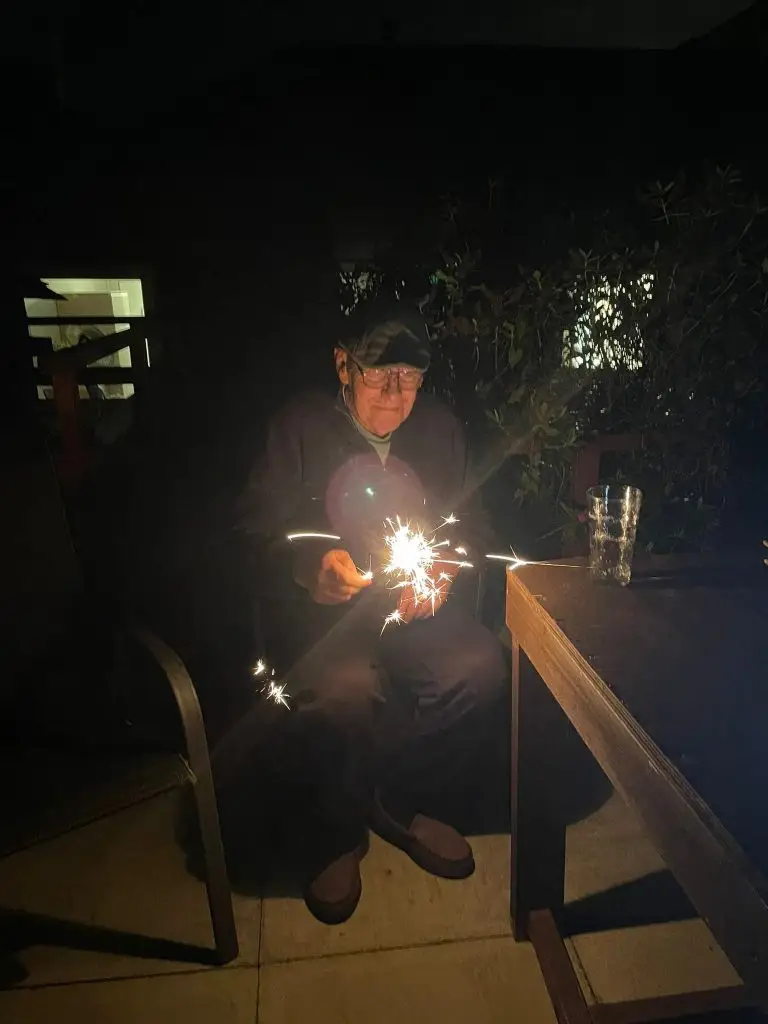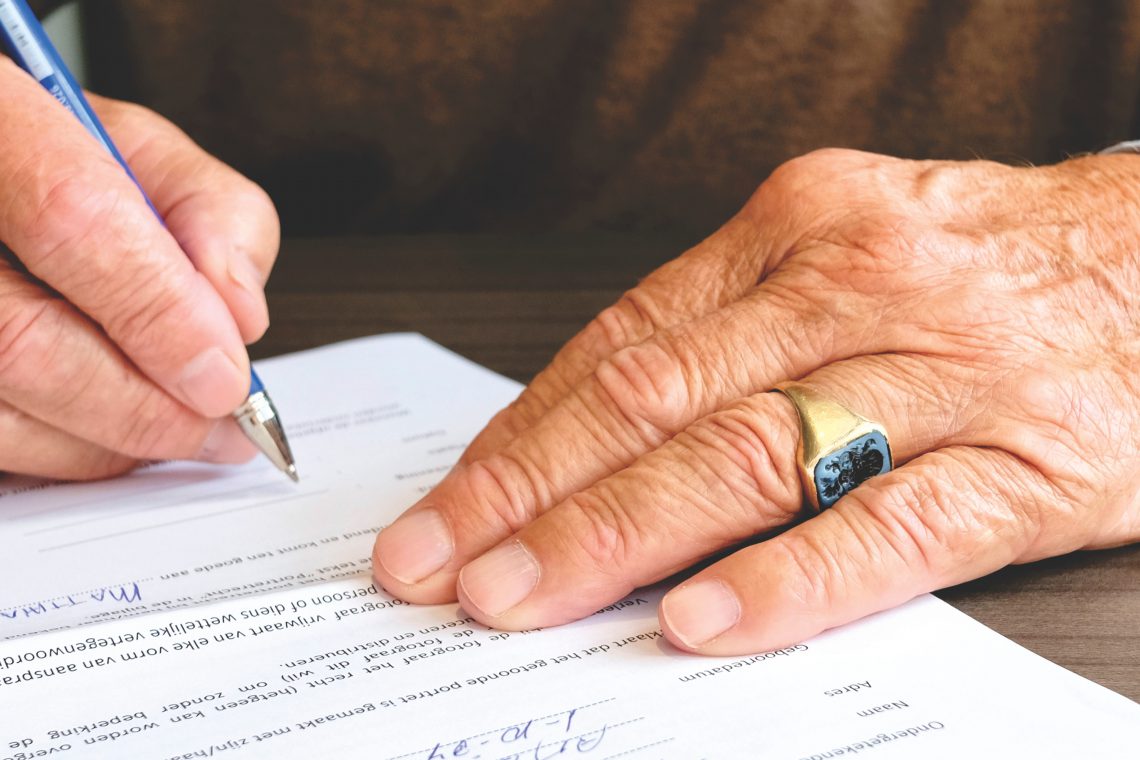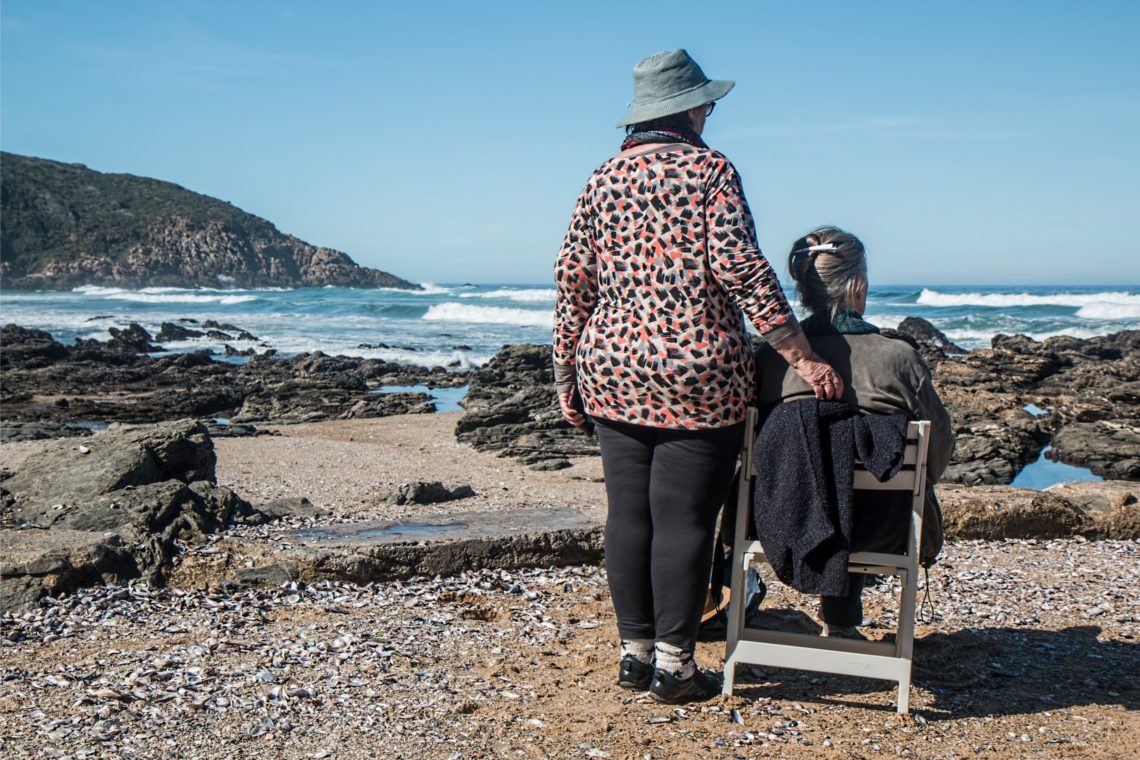Southcare Homes Group is proud to announce that our founder, Mrs Zeenat Nanji, is a finalist in this year’s WAGS Awards. Zeenat was nominated for the Lifetime Achievement Award (Residential) Category. WAGS stands for Women Achieving Greatness in Social Care. According to the WAGS website, over 85% of the care workforce is female. And the WAGS Awards programme is a way to celebrate the hardworking, dedicated women that work tirelessly in this sector. Women working in care often juggling their work and family life. Read on to find out why Zeenat Nanji is well deserving to be a WAGS Lifetime Achievement finalist for 2025.
A Lifetime in Care
Mrs Nanji has had a career in care for over 50 years! It began in a hospital in Charing Cross and later turned into a successful career as a midwife. Since 1986, Zeenat transitioned into health and social care. From there, she has dedicated her life to supporting and empowering the elderly.

Zeenat is a compassionate leader and advocate for quality care. She has acquired seven care homes over the years and has built each one on her values of dignity, respect, and kindness. She has worked on numerous projects to improve the lives of residents while mentoring and training her staff to uphold the highest standards in collaboration with the Care Quality Commission.
A Passion for Dementia Care
Zeenat’s passion for dementia care has stayed strong over the years. Most recently, this has been manifested in our group’s pioneering of dementia care technology. This year, we partnered with Brain+ and became the first care group in the UK to pilot a cognitive stimulation therapy (CST) platform called Ayla.
Zeenat worked closely with Brain+ CEO, Devika Wood, to roll this program out within two of her homes. She completed the training herself and continues to support her teams at Grasmere Rest Home and Lime Tree House. Zeenat still has an active role in the group. She manages and conducts training sessions for care staff in all five for her homes.
Alongside her professional achievements, Zeenat is a devoted wife, mother, and grandmother. Her dedication, resilience, and compassion continue to inspire those around her. She is a true role model in her field and worthy to be a WAGS Awards Finalist.
She is also an avid and talented golfer, having been club Captain at Leatherhead Golf Club. Zeenat has a love of theatre, enjoys spending time in Portugal and loves being with her family.
She is an inspiration to everyone at Southcare Homes Group and has made our group what it is today – a group of care homes with strong family values and a determination to provide high-quality, compassionate care. We are so happy she has been nominated to be a WAGS Lifetime Achievement Finalist! We all wish her every success when she attends the awards night tomorrow!










